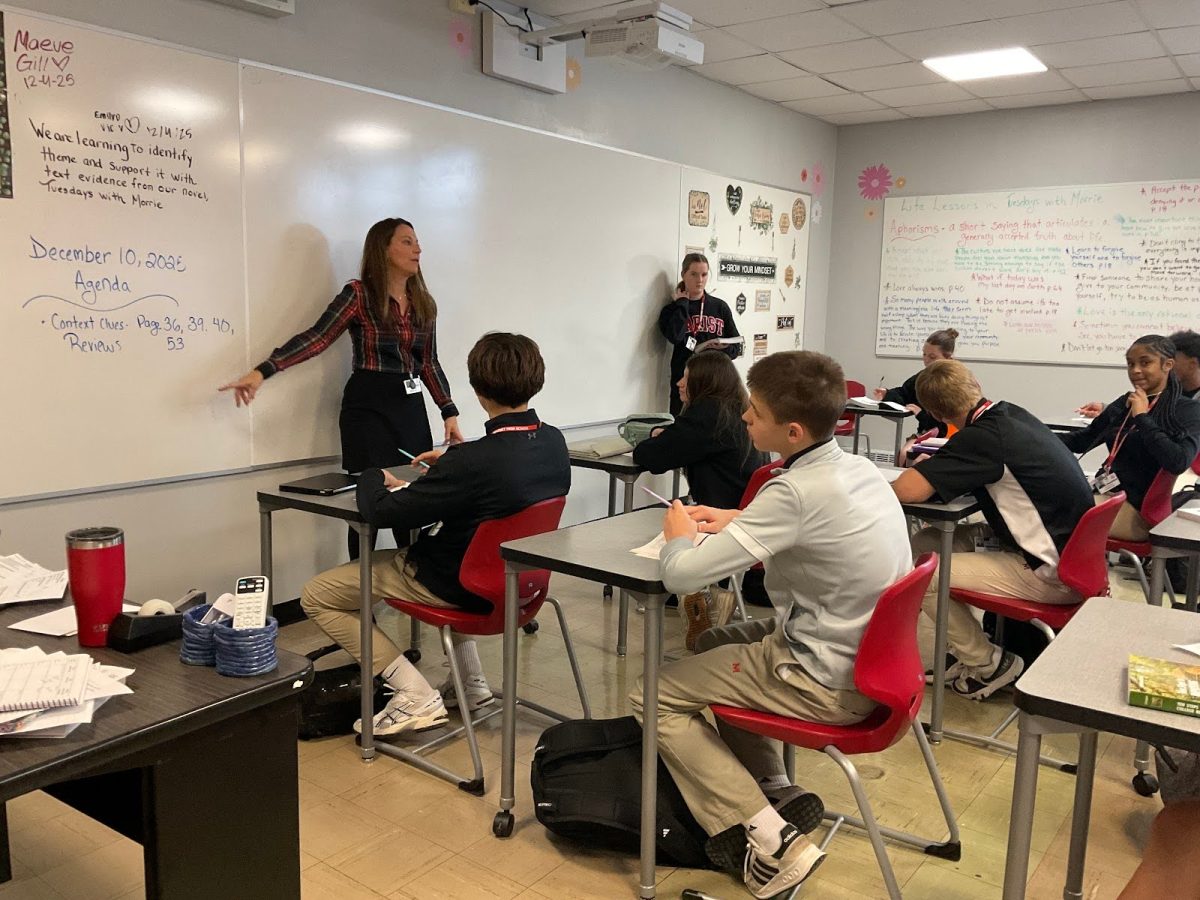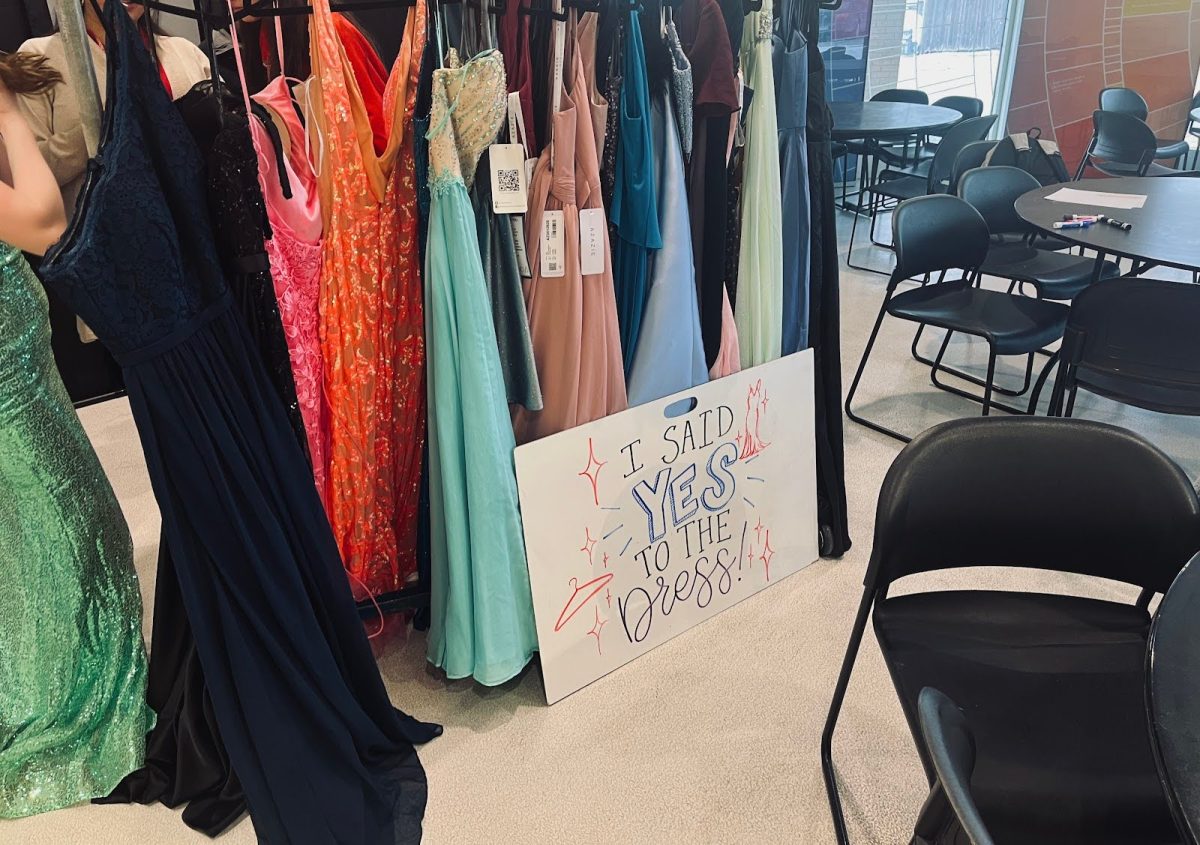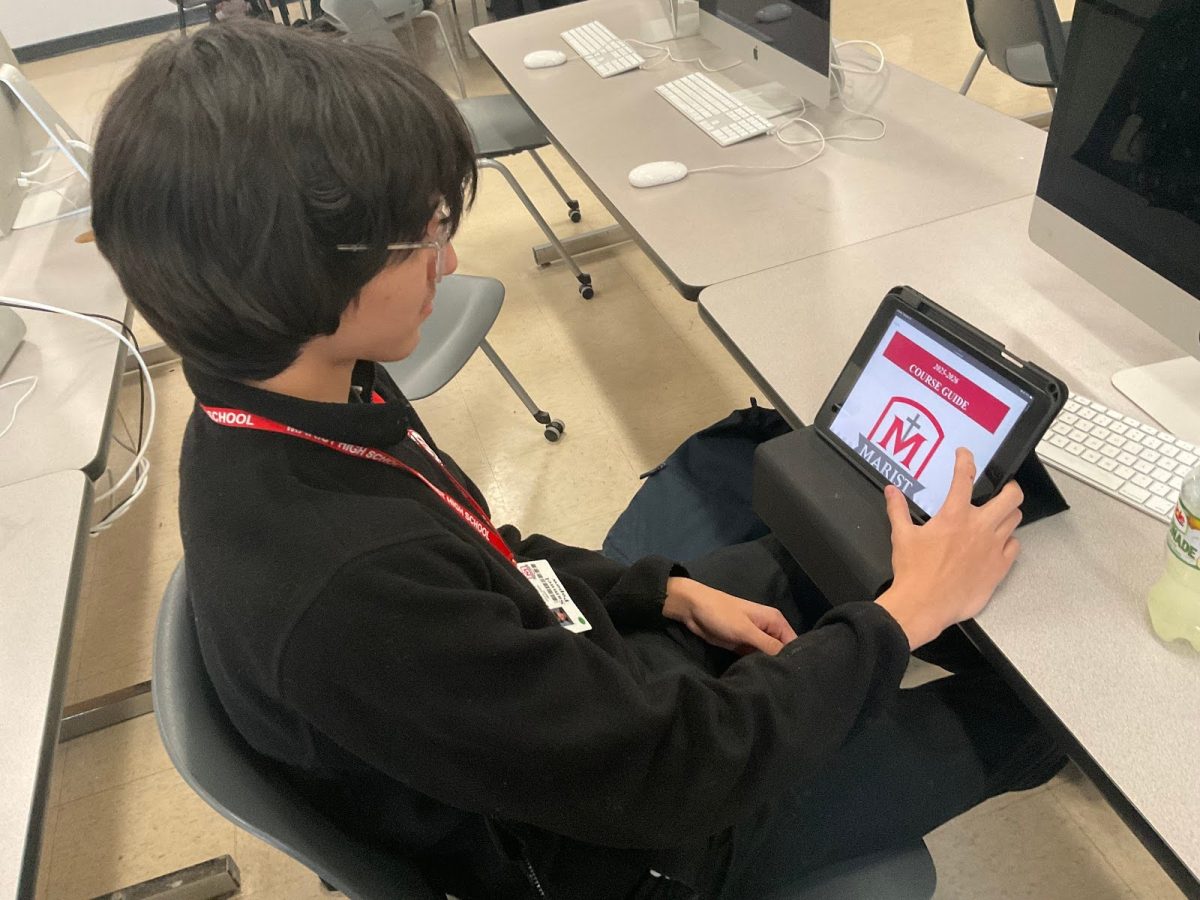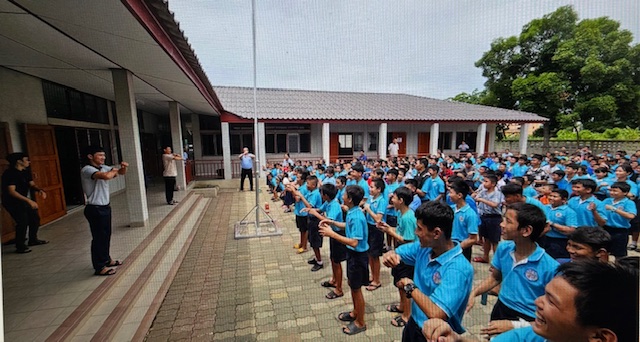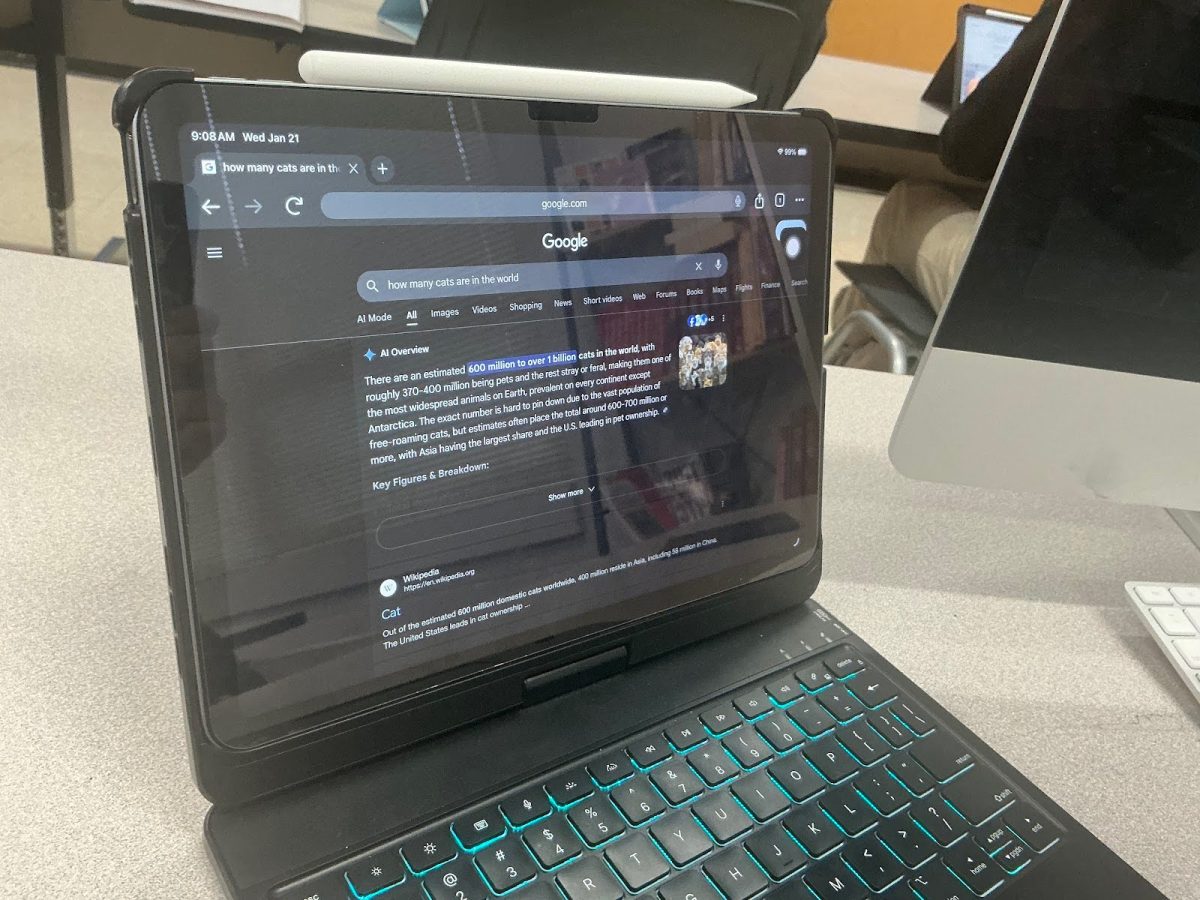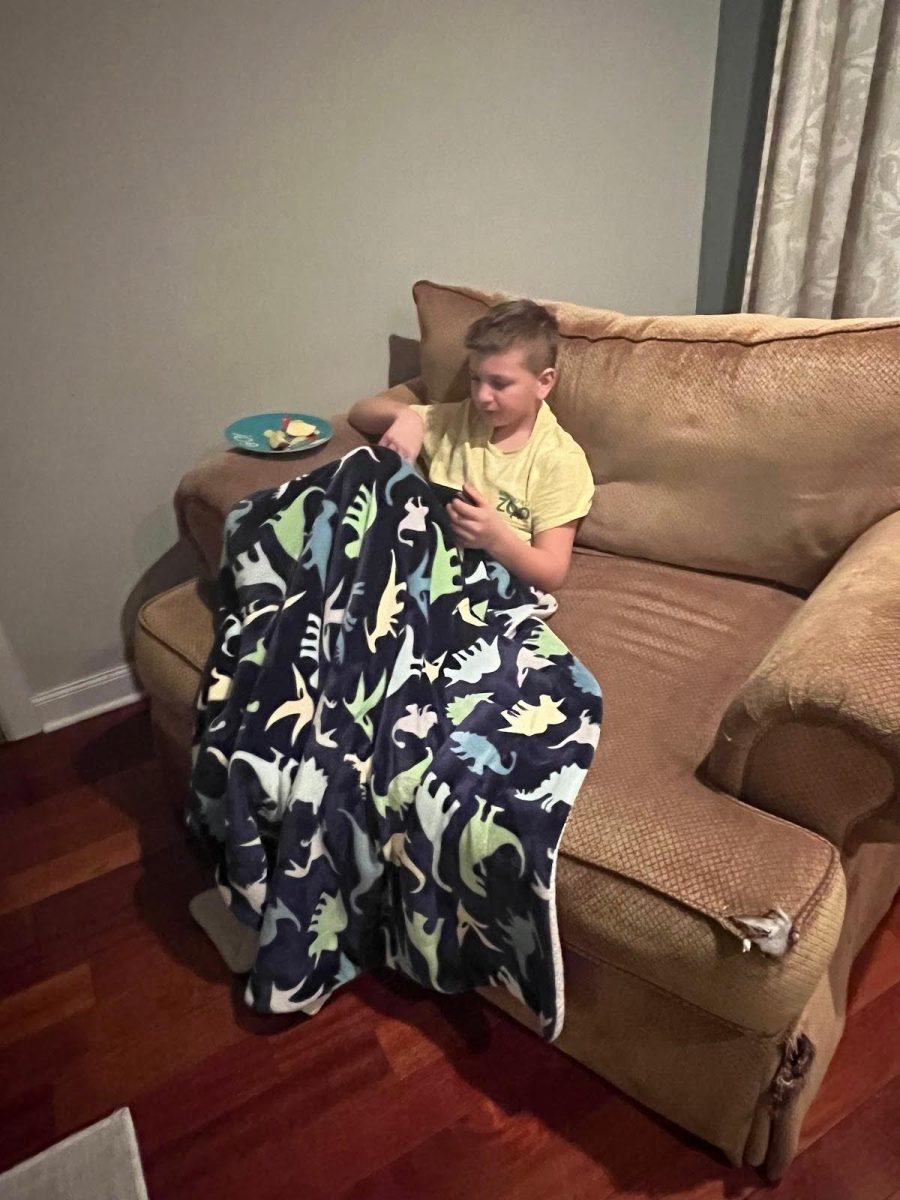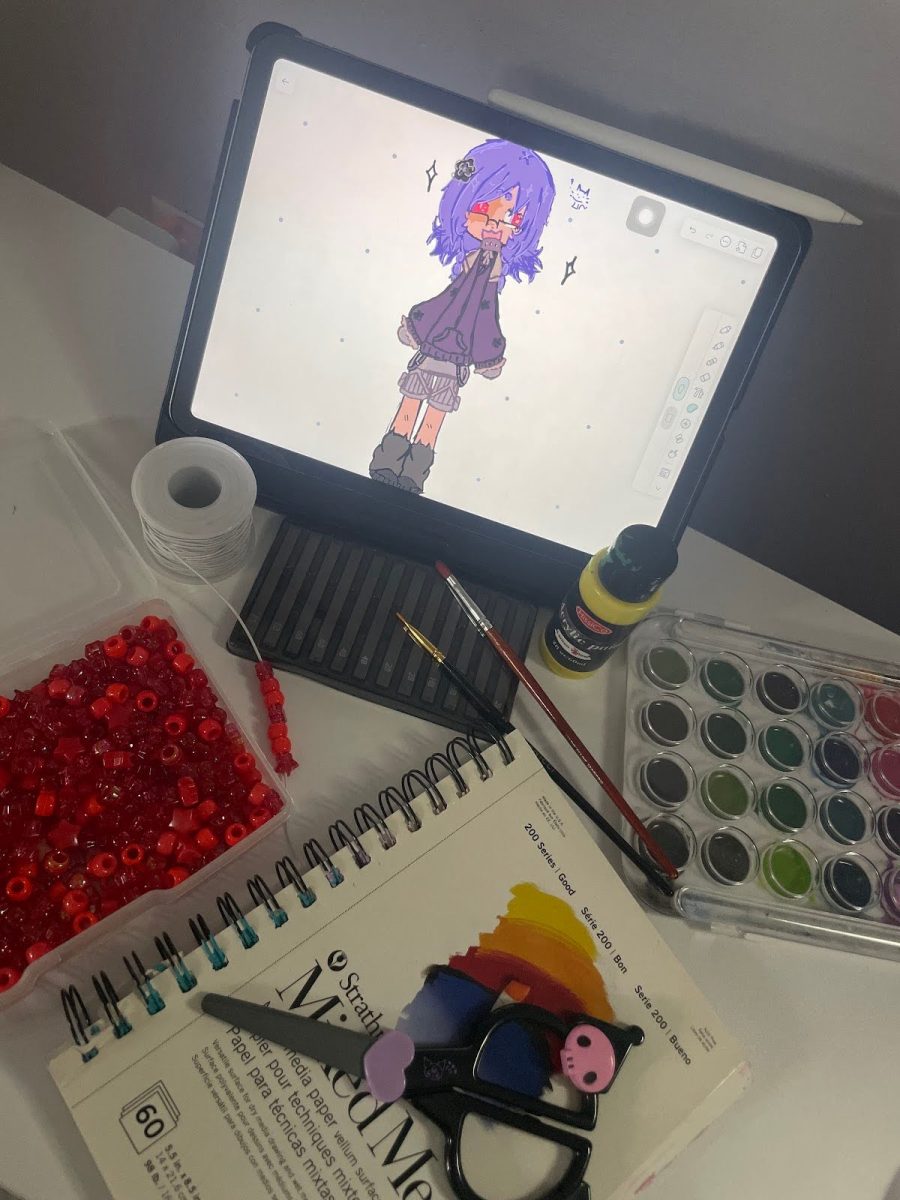Growing up in an environment that encouraged curiosity and embraced diversity of thought, I’m strictly against the idea that parents and other adults should have the authority to ban books from schools and libraries.
Banning books not only destroys the basic principles of intellectual freedom but also suppresses students’ educational journey, restricting their capacity to think critically and empathize with diverse perspectives.
Books are more than bare collections of words on pages. They are windows into different worlds, bridges to various experiences, and encouragement for academic growth. Books like Harry Potter and the SorcerersStone, To Kill a Mockingbird, and The Perks of Being a Wallflower are banned. Attempting to ban certain books from educational spaces limits students’ exposure to a broad spectrum of ideas, perspectives, and realities.

One common argument put on by those in favor of book bans is the desire to shield children from offensive or inappropriate content. While it is understandable that parents want to protect their children, it is fundamental to recognize that the definition of appropriateness can vary significantly among people. What one person considers offensive, another might see as an opportunity for critical discussion or academic enlightenment. MHS media polled 15 people and found that 94% are against a book ban.
Instead of outright bans, a more constructive approach involves age restrictions and collaboration between parents, educators, and students. We can take this approach by putting content rating systems on our books. We found that 75% agreed with this system. I believe this strategy respects the diversity of opinions within the community and ensures that the academic environment remains a space for open exploration and intellectual growth.
Also, banning books brings down the significance of education and the preparation of students for the challenges of the real world. In a society that values free speech and mixed perspectives, shielding students from controversial or uncomfortable topics hinders their ability to navigate a complicated and multifaceted world.
Exposure to different viewpoints, even those that may be arguable, is crucial for developing the skills to engage in meaningful discussions and form well-informed opinions.
Acknowledging that individuals and families have unique values and belief systems is vital. Approving the right to ban books based on personal beliefs sets a dangerous example that turns off the principles of creative freedom.
Instead of surrendering to censorship, we should support a habitat where students are exposed to various ideas, enabling them to develop the crucial thinking skills necessary for understanding and contributing to a diverse society.
Moreover, book bans not only inhibit intellectual growth but can also memorialize ignorance and strengthen prejudice. By limiting access to different literature, we risk creating a generation ill-equipped to understand and appreciate the rich tapestry of human experiences.
Banning books from schools and libraries violates scholarly freedom and significantly threatens the development of critical thinking skills. A more constructive and empowering approach involves enabling open communication, enforcing transparent policies, and maintaining a responsible commitment to creating educational environments that value exploring varied perspectives.
Let us collectively boost rational freedom and ensure that our educational organizations remain spaces where young minds can succeed through curiosity, question assumptions, and grow into well-rounded, empathetic individuals.



